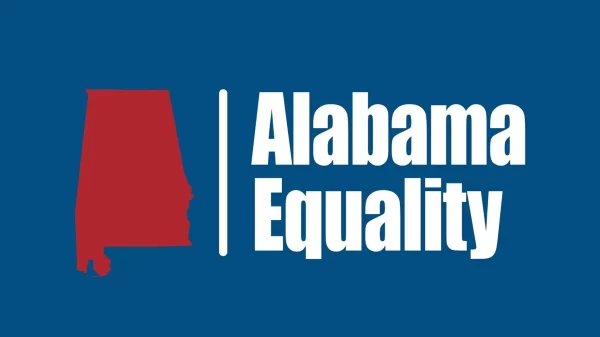Throughout the year, various states have taken steps to become more inclusive and champion the rights of the LGBTQ community. However, Alabama has not joined the wave of progressive movements, failing to pass inclusive laws and policies.
This year, four states banned conversion therapy, a practice aimed at changing an individual’s sexual orientation from homosexual or bisexual to heterosexual. Colorado, Massachusetts, New York and Maine all passed measures at the state level banning the practice. The American Psychiatric Association (APA) has denounced the practice since 1998 and says that such treatment has not been scientifically validated.
“No credible evidence exists that any mental health intervention can reliably and safely change sexual orientation; nor, from a mental health perspective does sexual orientation need to be changed,” a 2013 statement from the APA read, reiterating the organization’s opposition to the practice.
In 2017, the Alabama Child Residential Abuse Prevention Act, or HB440, was introduced to provide regulations of youth facilities that house children more than 24 hours in an effort to combat abuse within facilities that conduct conversion programs.
The bill was originally introduced with language that mandated that operators of such programs “not engage in or perform any sexual orientation change effort on any person under 18 years of age.” However, that language, as well as a provision banning discrimination on the basis of sexual orientation, was removed from the bill before it was passed.
New Mexico became the 19th state, along with Washington, D.C., to pass a comprehensive anti-bullying law inclusive of LGBTQ students this year. Alabama currently has no legislation addressing LGBTQ bullying. Earlier this year, Nigel Shelby, a gay freshman at Huntsville High School, took his own life after being bullied for his sexual orientation.
Alabama also stands one of 28 states in the U.S. that lacks state level protections against workplace discrimination for LGBTQ employees from being fired for their sexual orientation or gender identity, according to Freedom for All Americans Foundation, an organization dedicated to advancing protections for LGBTQ Americans at the federal, state and local level.
There were some measures of progress this year. A report from the Human Rights Campaign (HRC) Foundation ranked Birmingham among one of the best cities in the state for LGBTQ inclusion for implementing policies such as local non-discrimination laws, providing transgender-inclusive health benefits for city employees and offering LGBTQ-inclusive city services.
Birmingham earned a score of 85 points out of 100 on the HRC 2019 Municipal Equality Index based on criteria covering citywide non-discrimination protections, policies for municipal employees, city services, law enforcement and the city’s leadership on LGBTQ equality. The average score for cities in Alabama was 28 out of 100 points, falling below the national average of 60.
The Supreme Court began hearing oral arguments in October in two cases that will consider whether the Title VII of the Civil Rights Act of 1964, which bans discrimination based on sex, race, color, national origin and religion, also prohibits employment discrimination against those i in the LGBTQ community.



















































